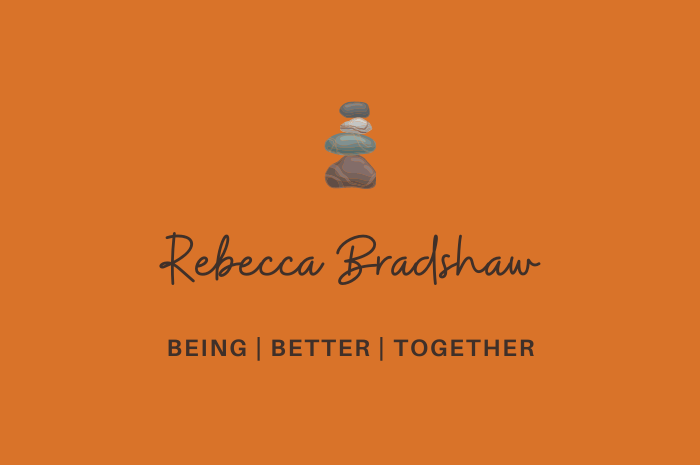
I love working with organisations where values are embedded. It’s the difference between staff knowing the values versus showing you the values in everything they do.
I recently stayed at a hotel in Sydney whose belief is that satisfying guests relies on staff working cooperatively and respectfully. I observed this in every interaction with staff, except one and that person stuck out like a sore thumb!
When people truly understand the values of the organisation they are more likely to do the right thing, even when no one is looking. Where people don’t know the organisations values or their own values do not align with those of the organisation there is a risk of ‘slippage’.
I define slippage as a subtle reduction in personal standards. I once contracted a cleaning firm in the day procedure centre where I was the Director of Nursing. Initially the staff were enthusiastic and the place gleamed. After a few months we started to see the enthusiasm had waned, furniture wasn’t moved so floors weren’t cleaned properly, mirrors were streaky and toilet roll holders were left empty. Nothing earth shattering but the standards were slipping.
Most of us are guilty of slippage at some point in our lives. It’s important to notice when it is happening and bring our standards back to where they align with our values. We all know of the stationary stealers at work, it starts with a pen here and a notepad there and before you know it they are printing off invitations for their children birthday parties, putting them into office envelopes and posting them using the franking machine.
Sometimes the slippage starts because people are unhappy at work and that’s a whole other article, but for me I want to focus on the slippage that occurs because values are not understood or not aligned.
I once worked with a disability organisation who operate residential shared houses. They were forced to implement a procedure to stop staff using their own flyby cards when doing the shopping with the people who lived in house. This is an example of slippage. The staff will tell you they have personal values of honesty, the organisation has values of respect and choice and decision making but still people are putting their own interests first, nowhere does the organisation talk about values of honesty, trust, justice or faith.
It’s like the anecdote of a frog slowly being boiled alive because it doesn’t recognise the increasing temperature in a pot of water. Organisations don’t see the slippage until some major incident occurs and then leaders exclaim ‘how did this happen:”
People don’t go to work to steal from clients, to make choices for them or to abuse them, but over time slippage can occur where the organisation fails to determine the values and behaviours which are acceptable. Managers document values and sometimes these are displayed on posters around the office, a link on the website or a PowerPoint at induction but unless these values are understood, unless staff can articulate and observe the behaviours which align with these values, leaders can’t be sure people are doing the right thing.
As Rosanna M Fiske says “if management set the values of an organisation who owns them.”
What can you do to support staff to do the right thing? There are three key actions you can take right now.
Collaborate
Talk to people across all levels of your organisation about their values, what is important to them. If you work in a service industry, then I would suggest involving clients and customers in this discussion.
Communicate
Once you collectively agree on the values that are important help people to understand them, not just the words, but what do they look like, what behaviours are acceptable and what are not? What will we tolerate and what wont we?
Counsel
Help people to observe their own behaviours and those of others and talk about where they see good and bad behaviour. People need a safe way to communicate where they see unacceptable behaviour and managers and leaders need training in helping people to receive feedback where their behaviour is not acceptable.
I will leave you with my final example of slippage before I encourage you to start the conversations about values in your organisation.
John is a 57 year old man who lives in a house which he shares with 4 other people all of whom have a disability. John has a history of night time incontinence which is managed with a mattress protector and incontinence aids at night. A new staff member is allocated to be Johns key worker. The staff member has recently implemented a ‘rule’ that John is not to be given anything to drink after 6pm to help with his incontinence. This is communicated at a staff meeting and accepted by the team…….
Now go and have those conversations.